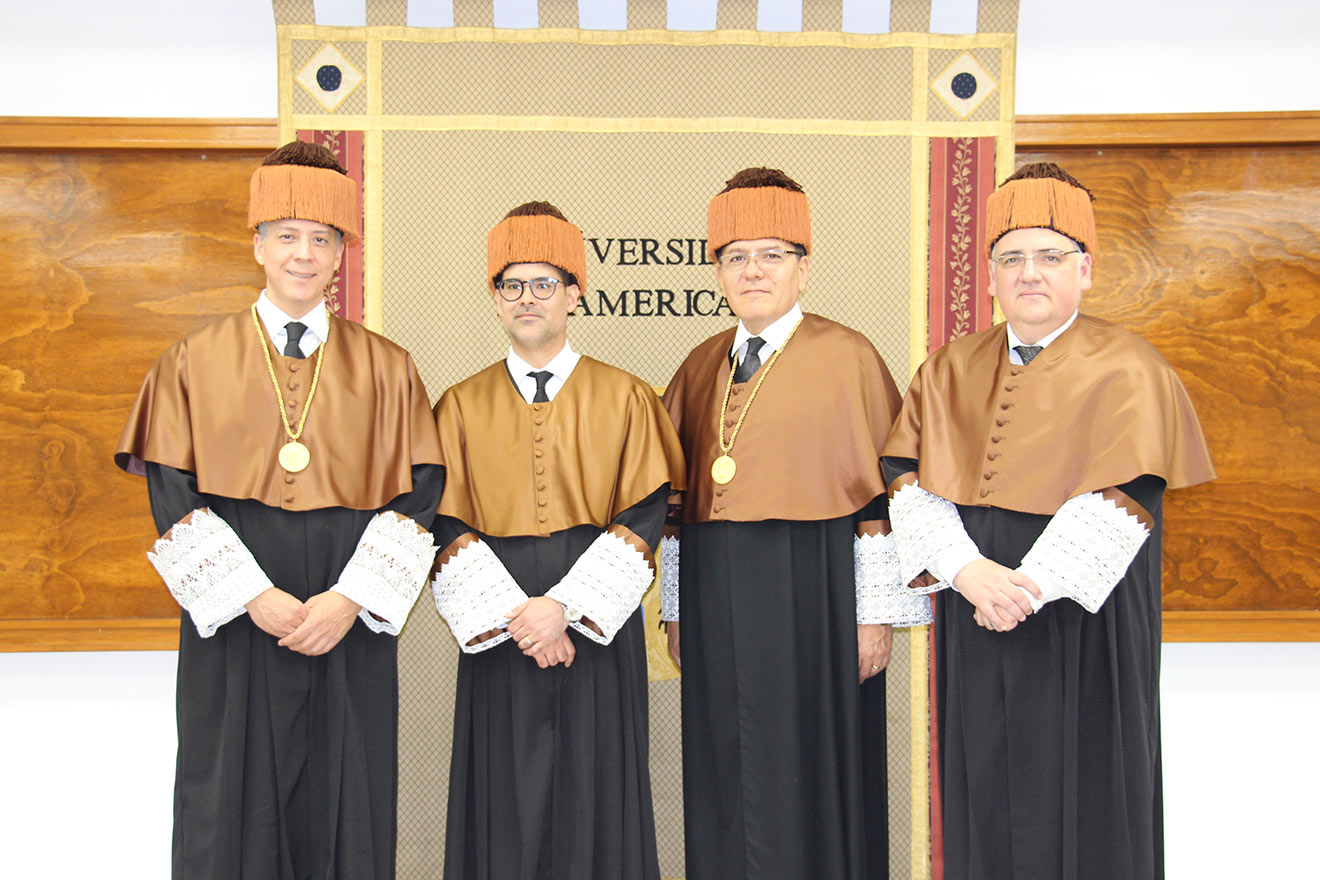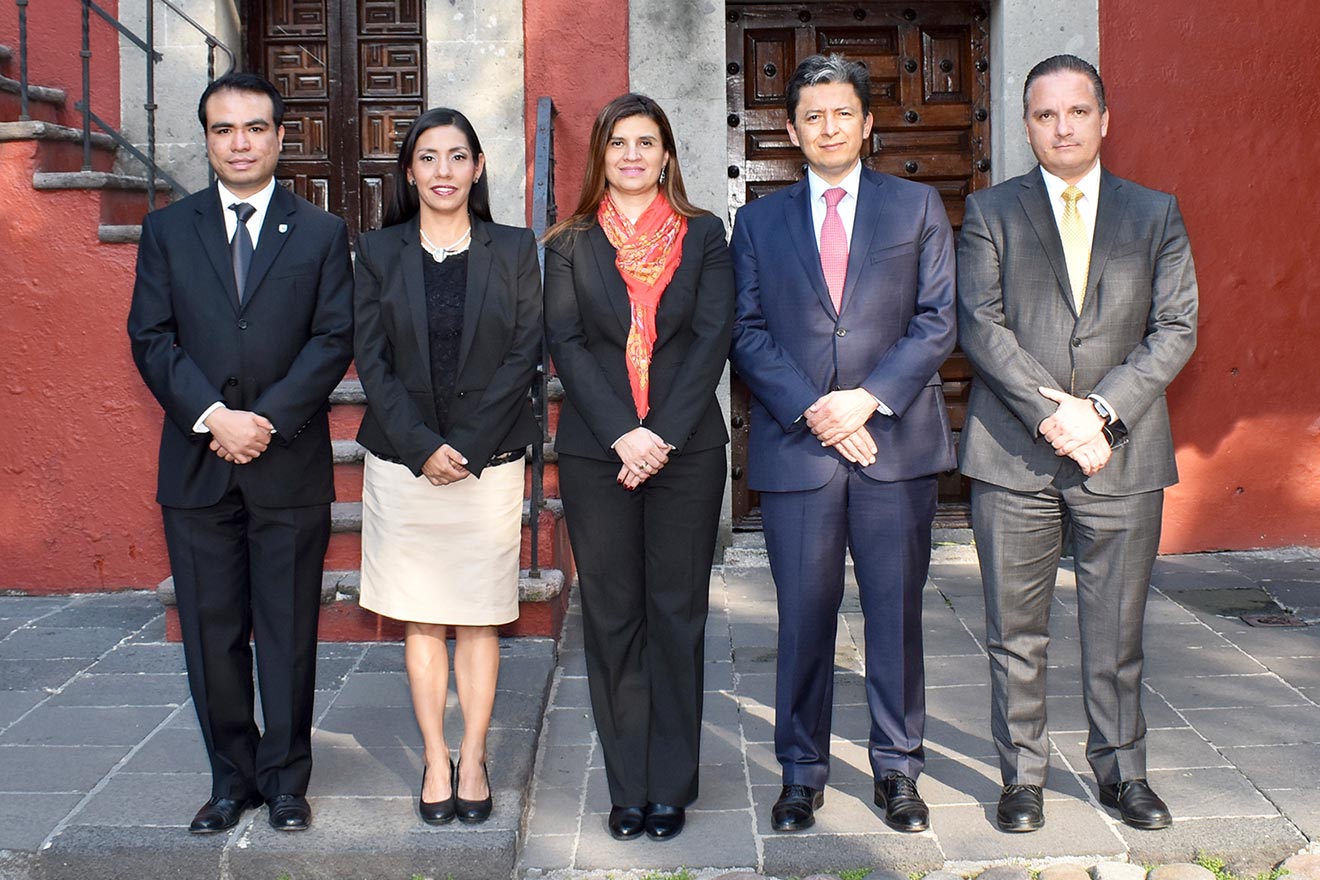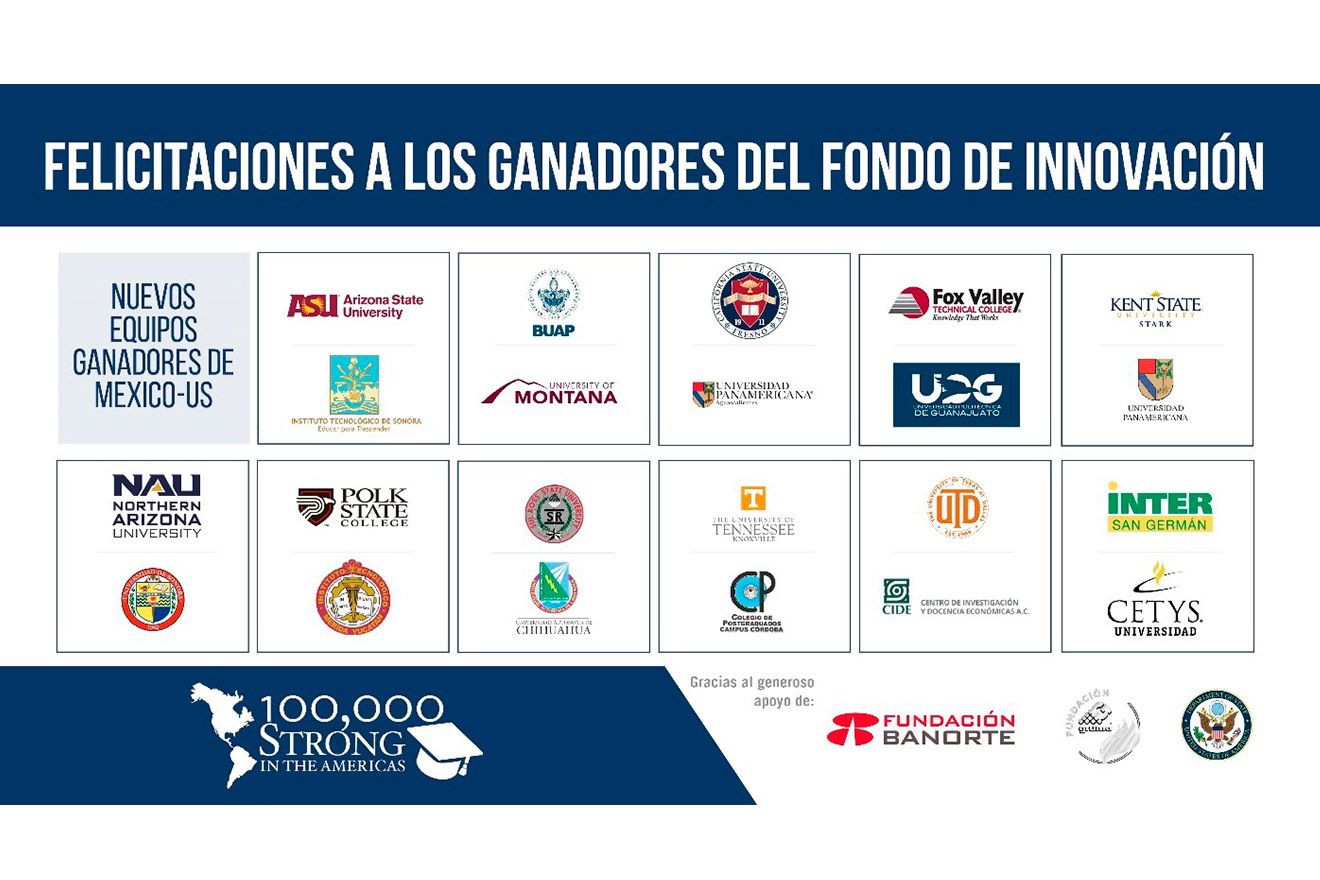Mexico City,November 27, 2023.- How to deal with migration considering that what is at stake is the life and future of people who have left their homes for different reasons? In order to answer this and many other questions, Dr. Cecilia Coronado Angulo, from the Institute of Humanities, and Dr. Luis Xavier López Farjeat, from the School of Philosophy, both from the University of Mexico, edited the publication of the book "Migration and the Future of Migrants". Universidad Panamericana, editaron la publicación de la obra Migración, territorio y fronteras: Perspectivas éticas del fenómeno migratorio.
It is a collective volume with the participation of eight authors, researchers from different backgrounds: Canadians, Americans, Germans and Mexicans. " The chapters are the result of research seminars and a colloquium organized as part of the Migration, Territory and Identitiesproject," explain the doctors.
More than a political-administrative problem
When talking about the administrative regulations imposed by the different nations, which decide who can be admitted to a territory and who cannot, the researchers believe that it is problematic to approach migration as if it were exclusively a political-administrative issue.
"Regulations vary from country to country and we have become accustomed to them as normal. However, in many cases they violate human rights. It is paradoxical that while there is a right to migration, to free transit, there is no right to immigration. This is because we have constructed very rigid notions of 'border' and 'sovereignty'," they say.
On this point, the book discusses the advantages and disadvantages of strict border regulation. "We believe that several of the unfortunate situations we are seeing in these times are due to the inefficiency of the regulations of some countries, which leave aside an ethical vision of migration," they indicate.
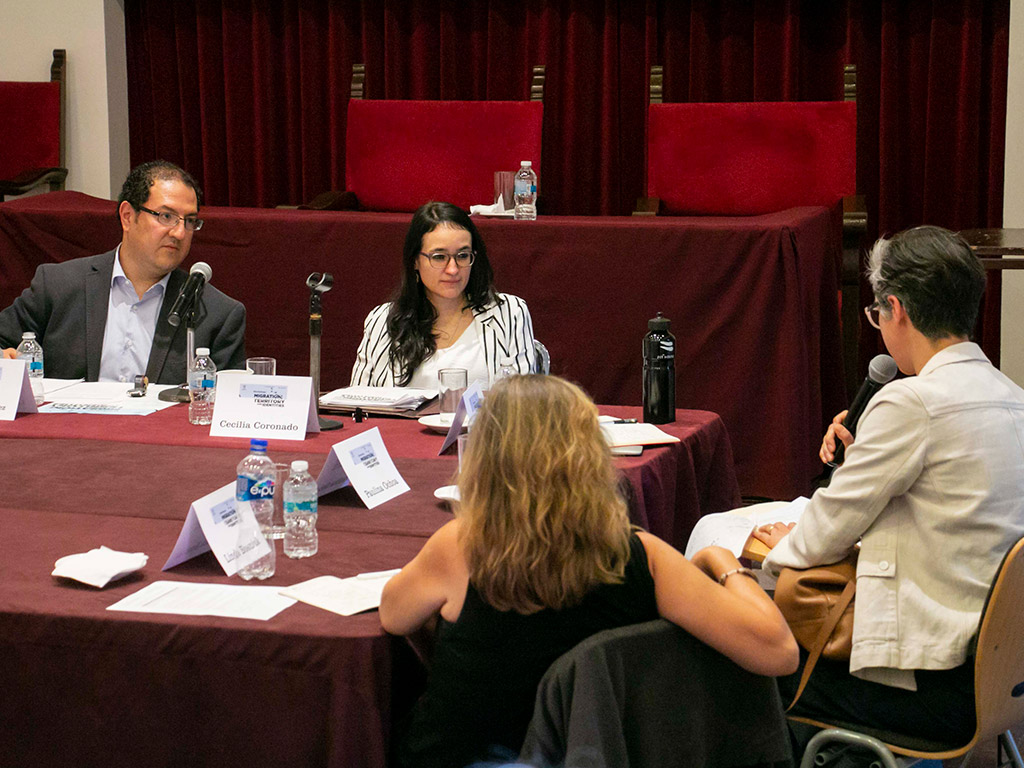
Sovereignty and territory
While it is legitimate for governments to regulate their borders, since their sovereignty allows them to do so, both Dr. Coronado and Dr. Lopez Farjeat believe that there are limits to this, and that "if such regulations violate human rights, the integrity of individuals is a priority".
They also state: "States cannot evade their responsibilities to vulnerable sectors by arguing that they must protect their sovereignty. Therefore, while it is true that there are good reasons to control borders, there are scenarios in which the protection of people limits that sovereignty.
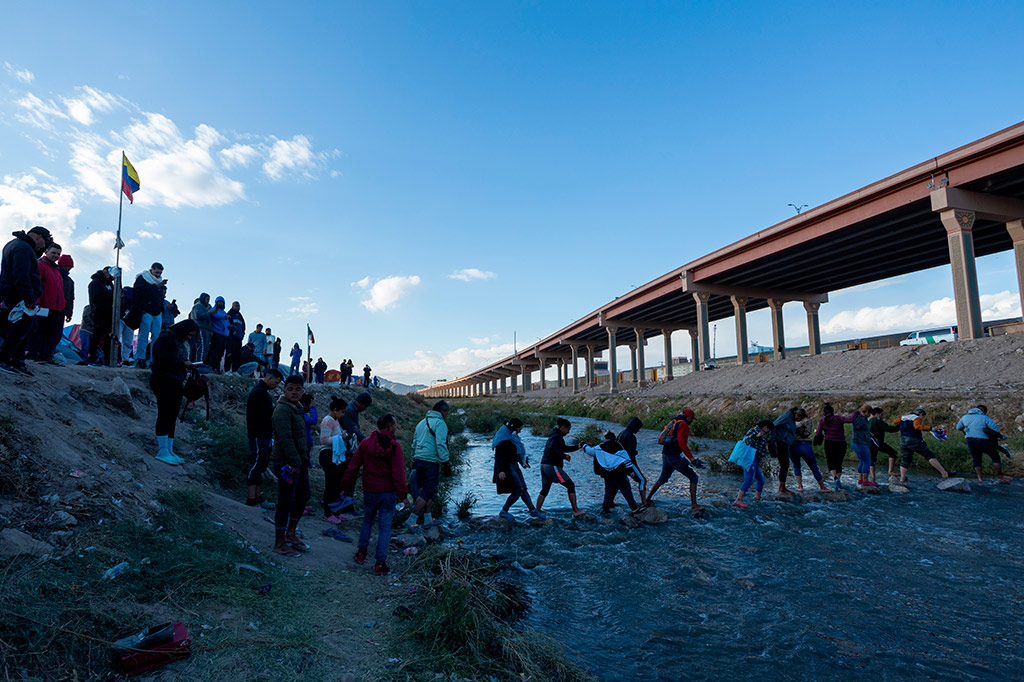
As to whether there is a necessary link between sovereignty and territory, both express that it is generally believed that there is, since the definition of "State" includes the notions of "sovereignty" and "territory".
"However, we believe that exacerbated 'sovereignism' is counterproductive. We have argued that the repeated presence of a community of people over the years, its recognition by other States and the consensus and agreements between neighboring territories, derive in what we have called 'principle of public institutionalism of the space'",they point out.
They elucidate on the above: "This means that, over time, a community can acquire the right to control a certain territory and to guarantee the security of those who live there. Therefore, we believe that the idea that the State is the only one that decides on the territory is debatable".

New concepts
Although they know that such discussions are controversial, both consider: "We must weaken the notion of sovereignty and move towards another way of conceptualizing territory. In our work we are looking for these new forms of conceptualization".
However, the researchers believe that, for the time being, the existence of borders between countries is relevant given the current situation of violence and criminality: "We believe, however, that in the future regulations will have to be less rigid and that in some regions borders will disappear".
As for the role of liberal democracies, they agree that they have an obligation to migrants: "The basic moral obligation of any liberal democracy is solidarity with the vulnerable (...)," they resolve.
Both are aware that the migratory phenomenon is a complex and multifaceted problem, but as to how to approach it, they believe that the approach should be based on applied ethics: "There is no ethical model that is a panacea. When applied ethics is applied, it is necessary to make casuistry and build new and sometimes hybrid models".
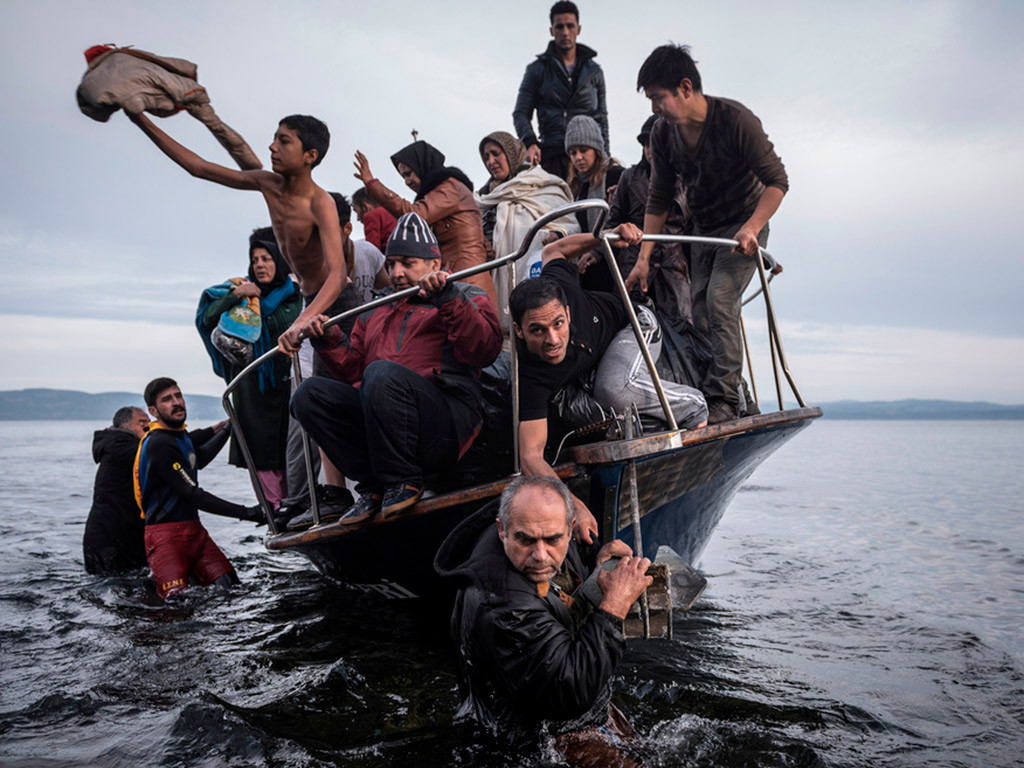
The future of migrants
There are many types of migrants. There are people who are in a position to change countries because of their qualifications, social class and economic situation, without facing any problems; "the alarming case is that of vulnerable migrants. And, in this case, the future may not be very optimistic," say the academics.
They warn that as long as the states do not generate policies for follow-up, care, integration, among other aspects, "in many cases migrants will be abandoned, in a state of poverty, relegated, and some will be easily recruited by criminal groups".
"There will perhaps be some more hopeful cases. But in this scenario, although the approach we propose from applied ethics could be a starting point to think of more fortunate solutions, it will have to be very long-term and we will have to find a way to influence public policies," they conclude.
Researcher data
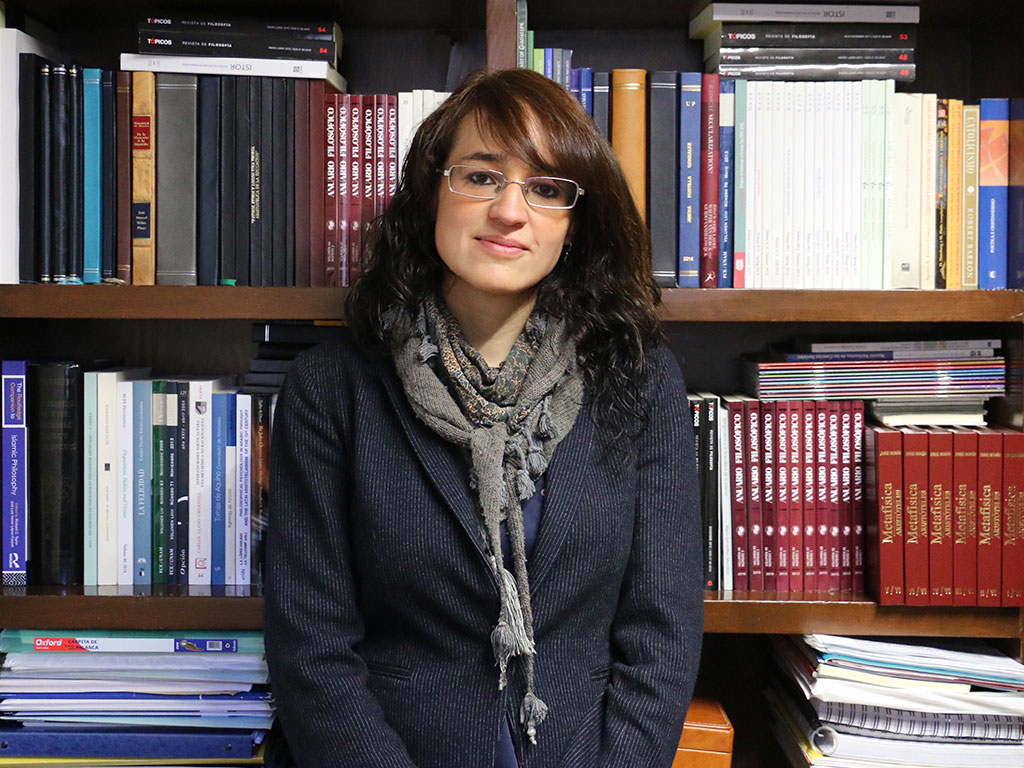
Dr. Cecilia Coronado Angulo, Instituto de Humanidades, SNI I.
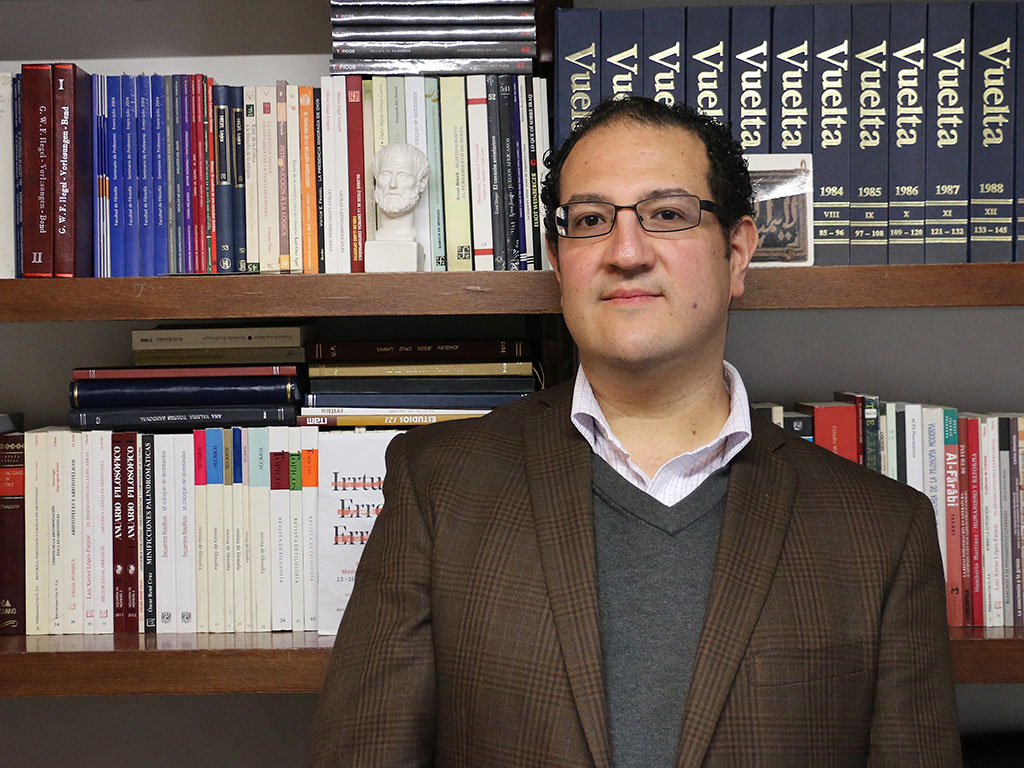
Dr. Luis Xavier López Farjeat, Faculty of Philosophy, SNI III.
You can get Migration, Territory and Borders: Ethical Perspectives on the Migratory Phenomenon, here.



